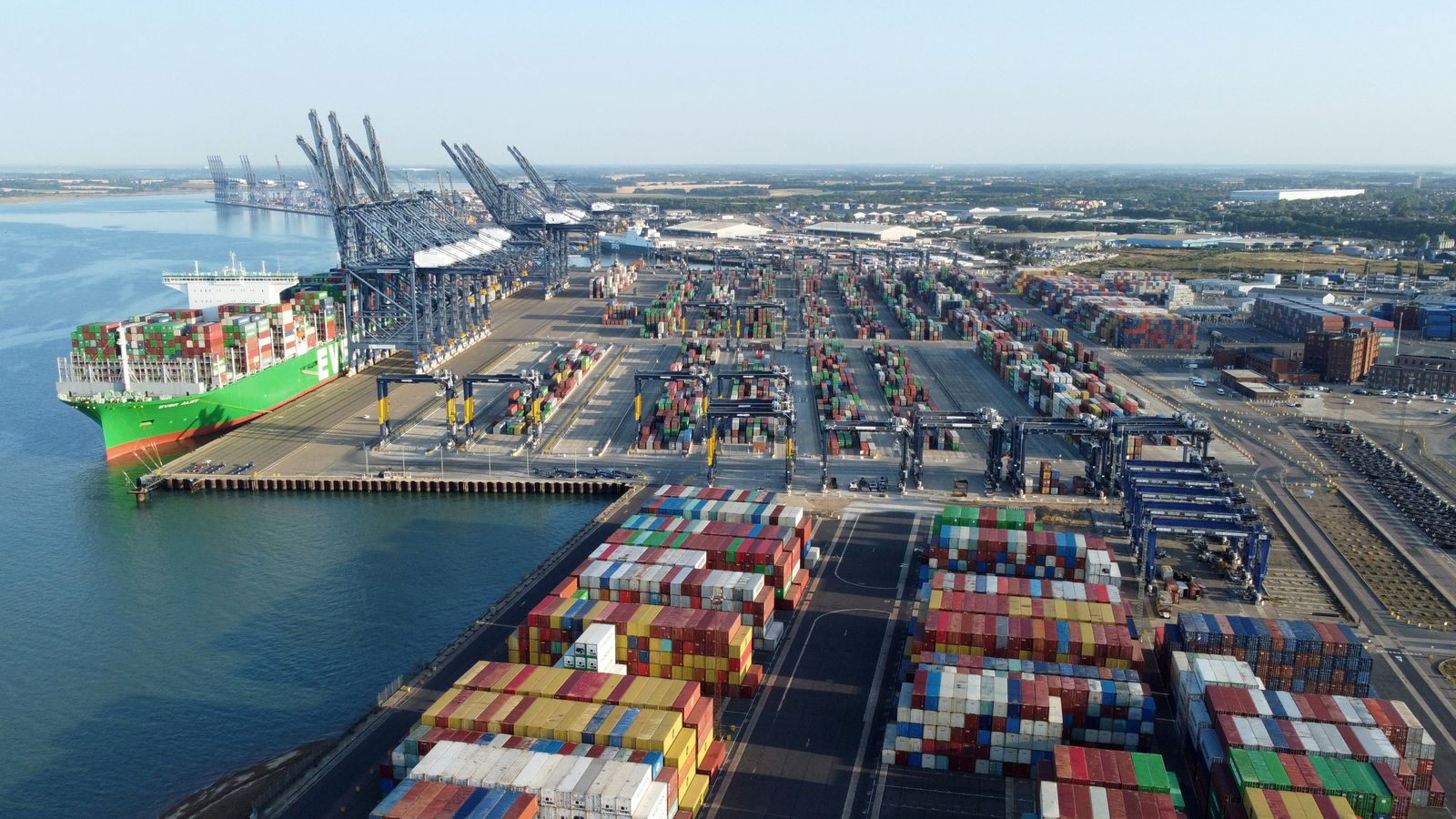In addition to the macroeconomic headwinds, the Binance rumors and the uncertainty surrounding Grayscale/DCG are clouding the sentiment in the Bitcoin market. In a renewed attempt to dispel the “FUD,” Binance released a detailed report today in which the world’s largest crypto exchange addresses current questions from the media and the community.
Even though analytics firms like CryptoQuant and Nansen recently confirmed the existence of customer funds on-chain, one of the biggest accusations against Binance at the moment is that it is a “financial black box”. Critics claim that the exchange led by Changpeng Zhao is refusing to disclose financial information.
The exchange counters these charges in its statement. It says that it does not have to disclose a detailed financial status for two reasons: first, it is not a publicly traded company; second, Binance is financially autarchic and doesn’t need external funding. In addition, it has no “intention to go public at this time.”
In addition, Binance discloses “operational and financial information” in the countries where it operates, to the extent necessary, as “required by local regulators.” The exchange further added that “In some cases, the disclosure process takes up to six months due to the sheer volume of information.”
Further, Binance says that its capital structure is debt-free, can cover all ongoing costs with revenue, and keeps assets fully separated.
“Based on the principles of ‘customer first’ and ‘openness and transparency’, Binance will continue to promote asset reserve verification on the chain to make it easier for the outside world to query and verify user asset storage,” the statement elaborates.
Other Binance “FUD”
A major argument against Binance’s integrity has also been the recent resignation of accountant Mazar and the question of why the company does not hire a “Big Four” auditor. As the statement reiterates, Mazars withdrew from all crypto companies, not just Binance.
Regarding the audit by a “Big Four” auditing firm, the exchange clarifies that they have not worked with any crypto company to verify on-chain reserves so far.
As for Coinbase’s collaboration with Deloitte, Binance says it is important to distinguish that the audit is aimed at the financial status of the listed company, not the verification of on-chain reserves.
On-chain verification of encrypted corporate reserves is a very new field. At present, we are still actively communicating with companies willing to provide verification services for encrypted companies, and will share the latest progress with you soon.
In addition, the exchange sets the record straight that the verification of Bitcoin reserves is just the first step, and on-chain proof of reserves of some mainstream currencies will follow “as soon as possible.”
Bitcoin Price Eyes $16,900
Confronted with the uncertainty and massive levels of FUD swirling the market, the Bitcoin price is currently holding critical levels of support, although a retest of $16,600 does not seem out of the question. If BTC manages to break through the tenacious resistance of $16,900, a continuation into the zone up to $17,500 could be conceivable.









